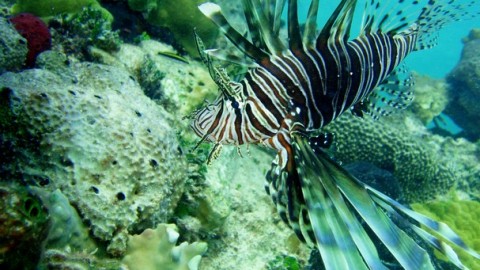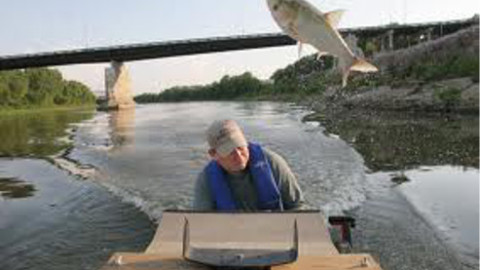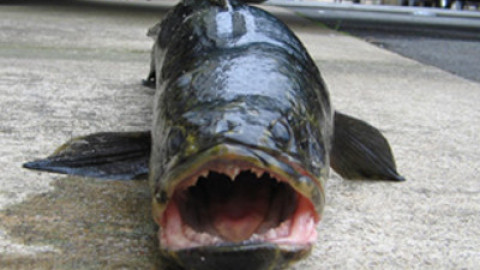Scientists have discovered Asian carp eggs farther north in the Mississippi River than ever before, the U.S. Geological Survey announced yesterday.
The eggs and late-stage embryos came from water samples taken last spring near Lynxville, Wis., about 250 miles north of the area where eggs had previously been recorded. According to researchers, that means the carp spawned upstream of that location. It is unknown whether other eggs hatched and survived last year and whether future spawning events could result in live fish, researchers said.
While the eggs were identified as coming from the bighead carp, researchers don’t know whether they were from bighead or silver carp, the two species of Asian carp that most worry officials. The agency is conducting genetic tests on the eggs, and those results are expected in the coming weeks.
The collection and examination of the eggs are part of an ongoing study on Asian carp spawning habitat. USGS scientists, along with researchers from Western Illinois University, plan to collect more samples along the Mississippi this year, including in more northern areas, given these latest results.
“Invasive Asian carp could pose substantial environmental risks and economic impacts to the Upper Mississippi River if they become established,” Leon Carl, USGS’s Midwestern regional director, said in a statement. “Further research will help us to better understand their habitat requirements and inform integrated control efforts.”
The Asian carp, an invasive species known for its voracious appetite, has been present in the Mississippi River Basin since the 1990s. Officials now worry that the fish may find its way into the Great Lakes Basin, threatening the fisheries in that region.
The Army Corps of Engineers this year released a number of alternatives to keep carp out of the Great Lakes, including the construction of a physical barrier on the Lake Michigan waterfront.
The discovery of the eggs in the northern Mississippi may or may not have implications for the Great Lakes situation, USGS scientists Mark Gaikowski and Brent Knights said. However, it will affect future research. The findings are expected to help both federal and state officials come up with an integrated pest management approach.
Jessica Estepa, E&E reporter
Published: Wednesday, March 12, 2014








